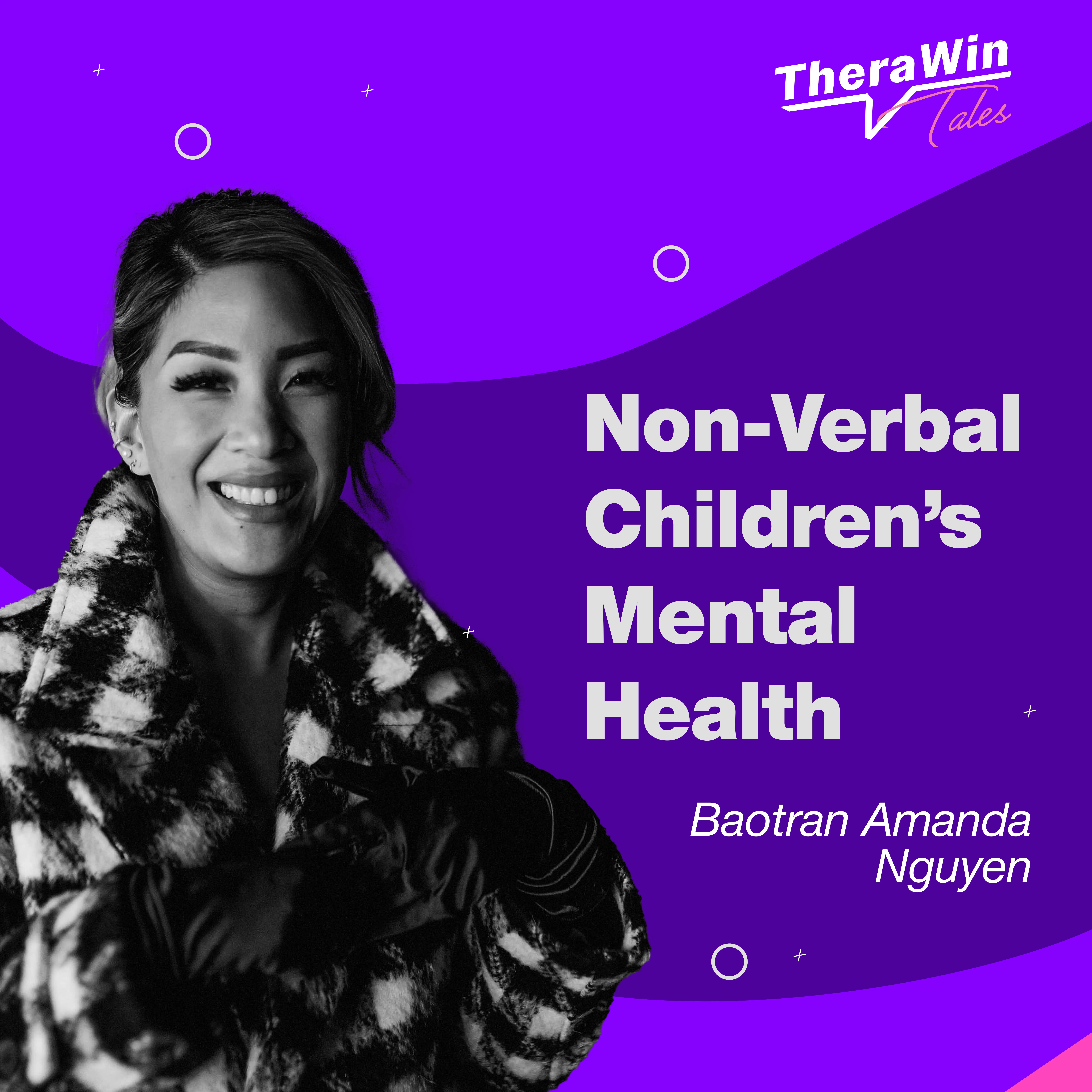Ever feel like your mind is racing, trying to juggle too many things at once?
You're not alone. Attention Deficit Hyperactivity Disorder (ADHD) can make it challenging to focus, stay organized, or manage impulsivity. But it doesn’t define you. Therapy is here to help you take back control. It’s not about changing who you are—it’s about understanding your brain and learning strategies that work for you.
Our sessions offer a safe space to explore, adapt, and thrive with ADHD, helping you embrace your unique strengths while managing your challenges.











